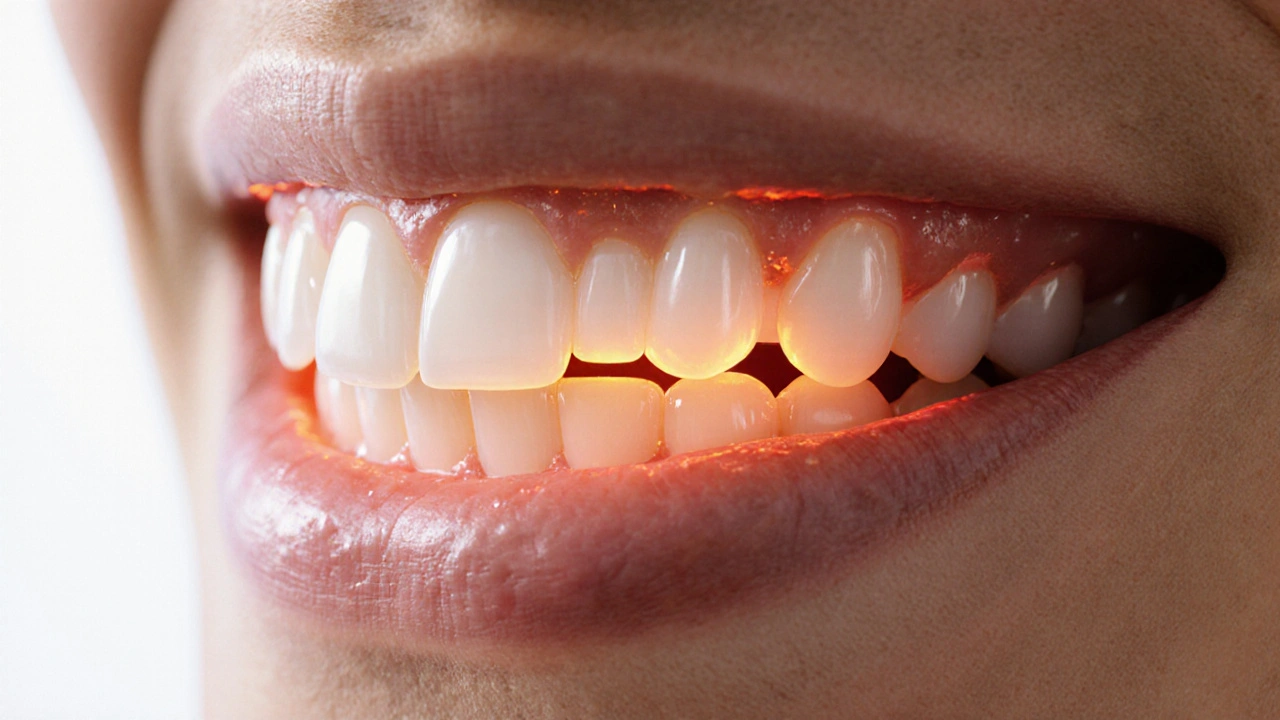Burning Mouth Syndrome – What It Is and How to Manage It
When dealing with Burning Mouth Syndrome, a chronic neuropathic condition that creates a burning feeling on the tongue, lips, palate, or whole mouth. Also known as BMS, it often overlaps with dry mouth, reduced salivary flow that leaves the oral cavity feeling parched and neuropathic oral pain, pain arising from nerve dysfunction in the mouth. Many patients also report a taste disorder, altered or diminished taste that can make food seem bland or metallic. In short, Burning Mouth Syndrome is more than a simple sensation; it’s a complex blend of sensory changes that can affect daily life.
Why It Happens and Who Is Affected
Research shows that BMS is most common in post‑menopausal women, but anyone can develop it. Hormonal shifts, chronic stress, and certain medications can trigger the nerve imbalance that fuels the burning feeling. When salivary glands produce less fluid, the resulting dry mouth (xerostomia) removes a natural protective layer, allowing irritants to contact nerve endings. That irritation amplifies neuropathic signals, which in turn can distort taste buds and heighten the perception of pain. The condition also links to systemic issues like diabetes, thyroid disorders, and nutritional deficiencies (especially B‑vitamins and iron). Understanding these connections helps you target the right therapies rather than just masking symptoms.
Treatment strategies aim at three fronts: restoring moisture, calming nerve activity, and correcting any underlying health problems. Saliva substitutes, meticulous oral hygiene, and sipping water throughout the day are first‑line steps for dry mouth. For the neuropathic component, low‑dose clonazepam, topical capsaicin, and alpha‑lipoic acid have shown relief in clinical reports. Antidepressants such as amitriptyline or duloxetine can also dampen pain signals when the emotional stress factor is high. Because many of these drugs are available as generics, it’s important to know how to purchase them safely – a topic covered in several of our guides below. By combining lifestyle tweaks with targeted medication, most patients see a noticeable drop in burning intensity and an improvement in taste perception.
Below you’ll find a curated list of articles that dive deeper into medication options, safe online purchasing tips, and practical steps you can take right now to ease the discomfort of Burning Mouth Syndrome.

